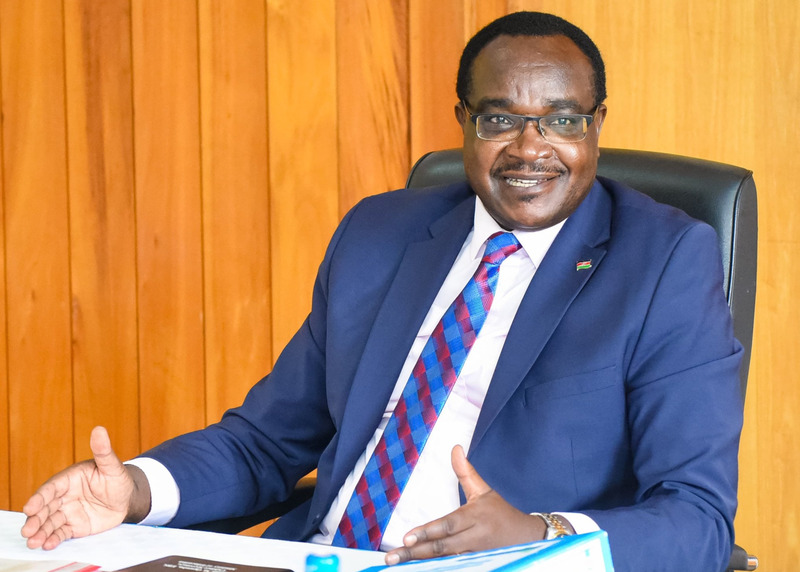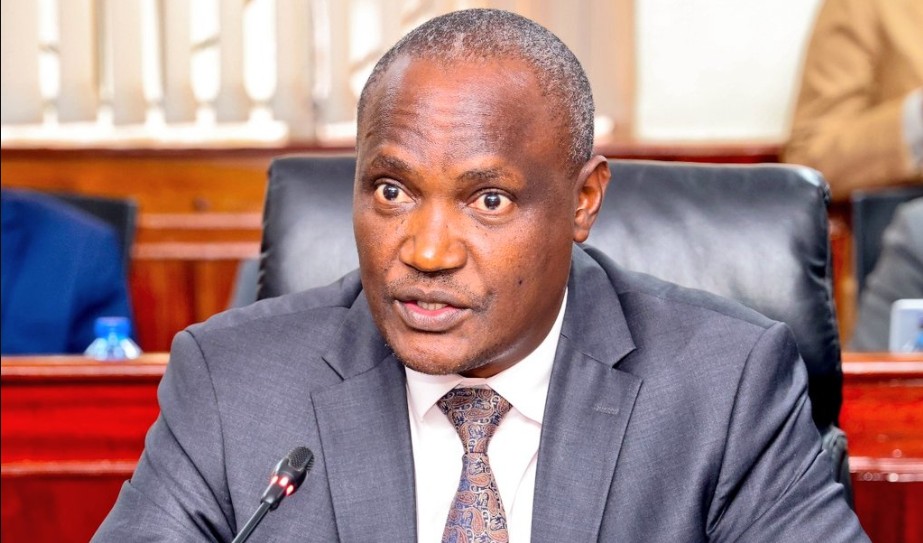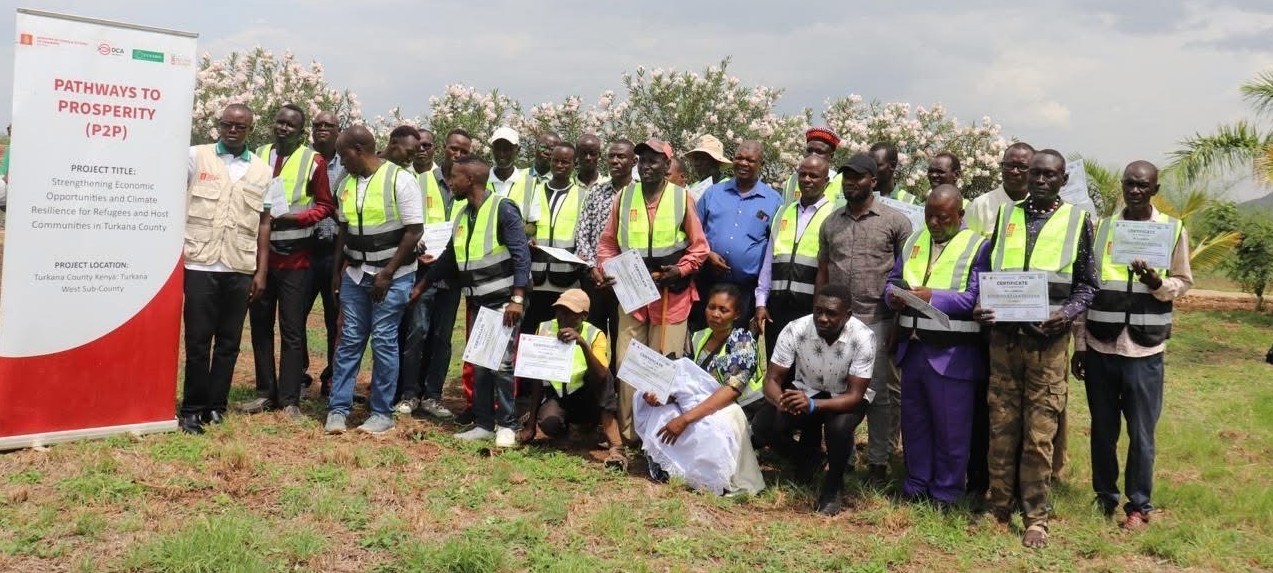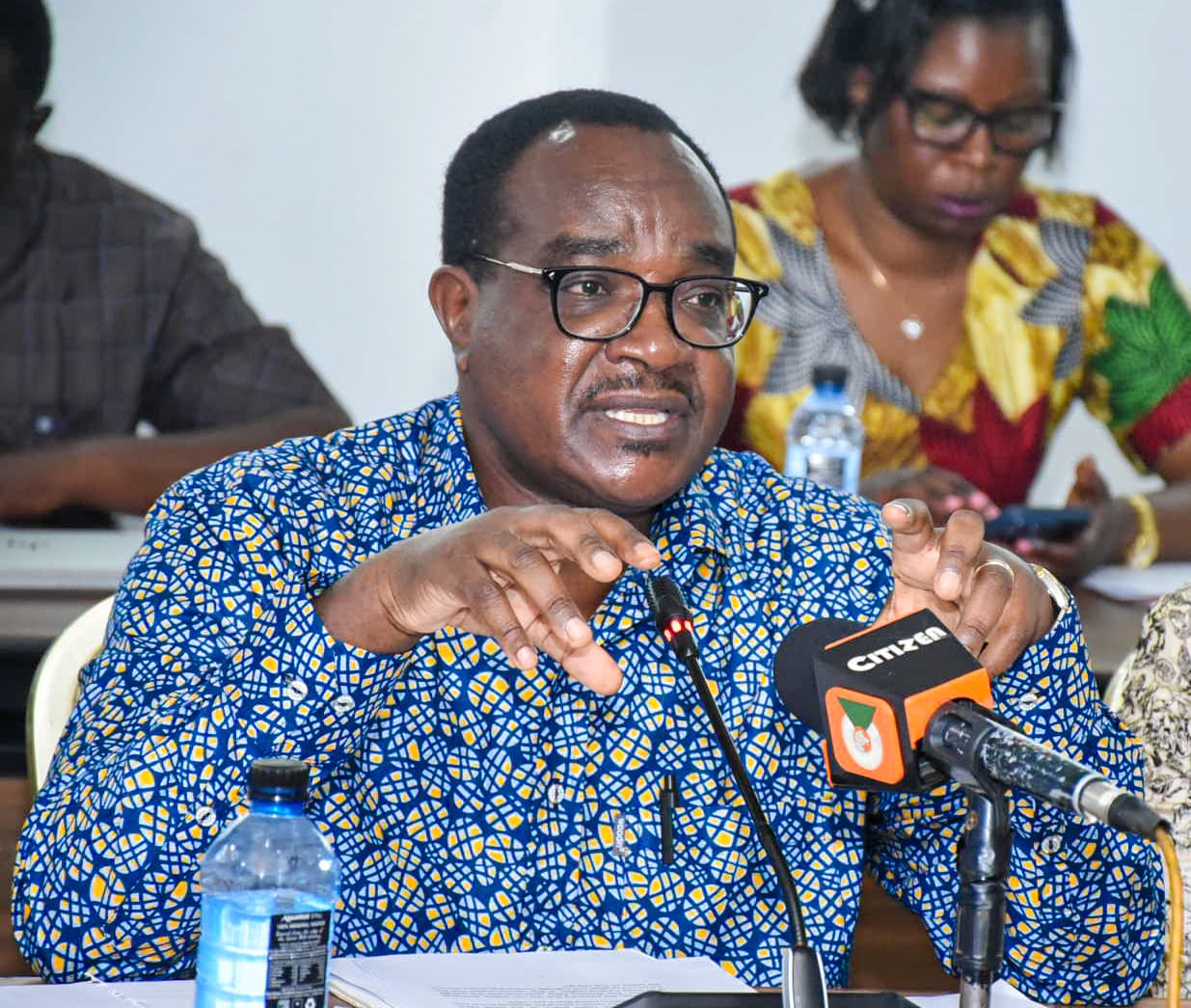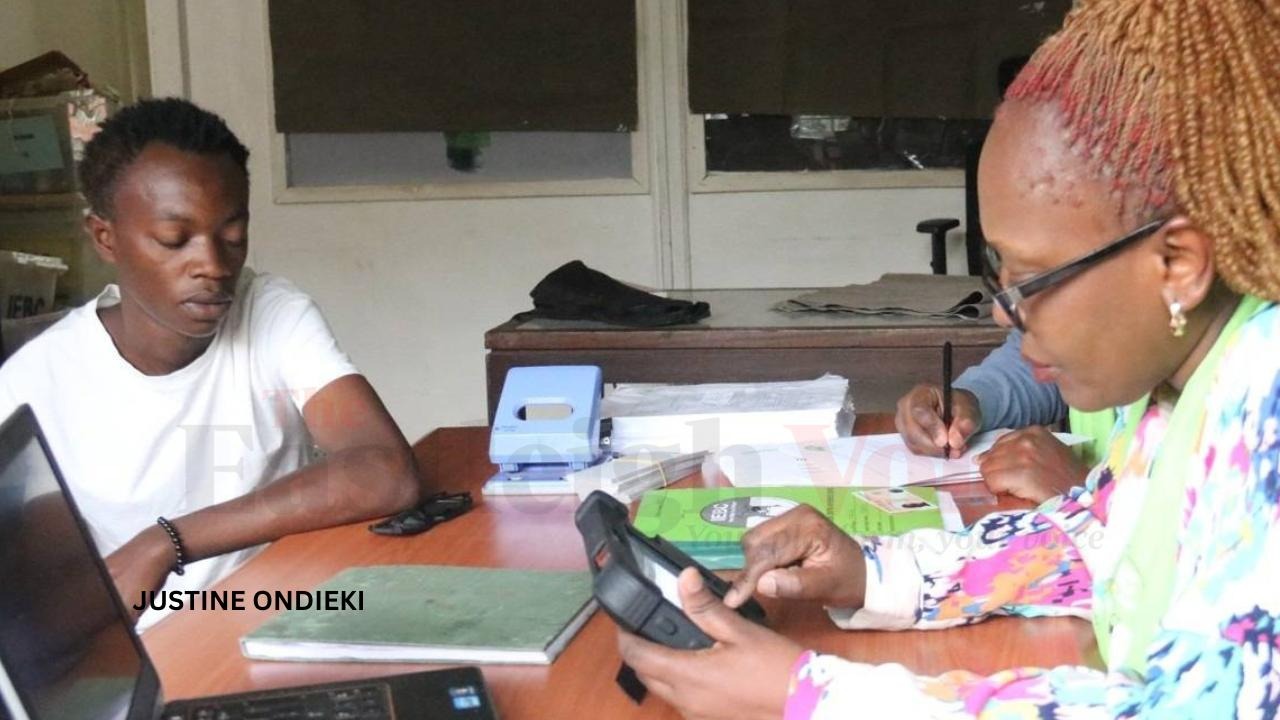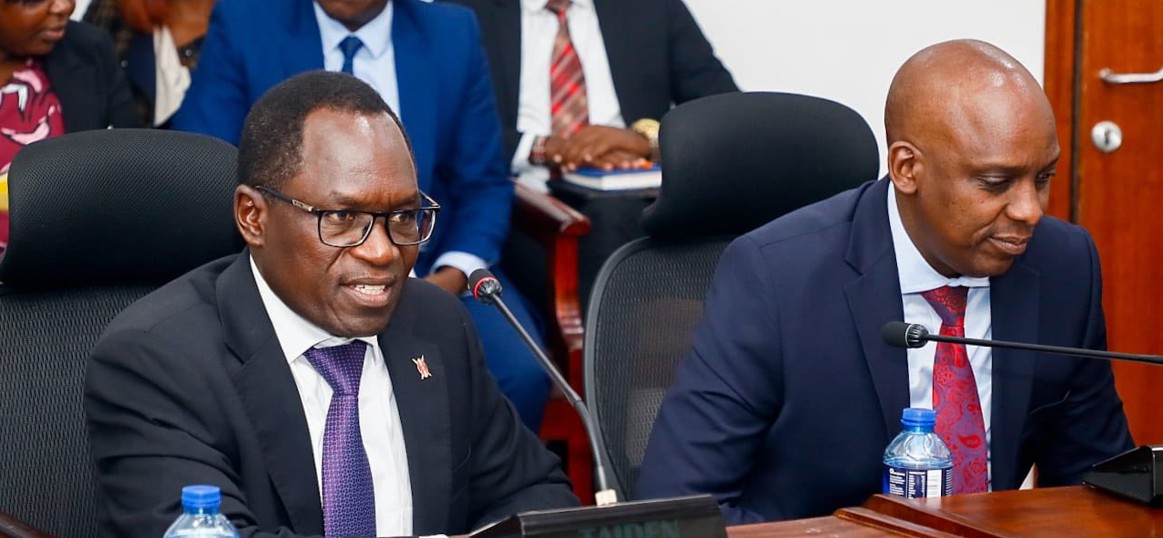Kindiki’s office spends almost half of 2025/26 allocation within three months
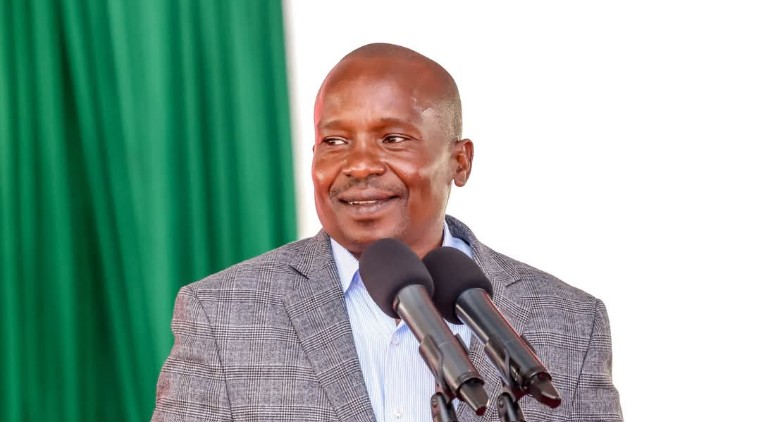
The documents show that the expenditure rate in Kindiki’s office is nearly four times that of his impeached predecessor, former Deputy President Rigathi Gachagua, who by September 2024 had used Sh331.8 million, equivalent to 12.8 per cent of his annual recurrent allocation at the time.
Barely three months into the 2025/26 financial year, Deputy President Kithure Kindiki’s office has already spent nearly half of its annual recurrent budget on operations, staff expenses and government coordination activities tied to his nationwide economic empowerment campaigns.
Data from the Treasury shows that the office had utilised Sh1.34 billion by the end of September 2025, representing 44.9 per cent of its total allocation for the year of Sh2.97 billion.
More To Read
- State agencies directed to pay Sh2.2 billion owed to Posta to avert shutdown
- Funding shortage puts EACC’s anti-graft war at risk- Auditor General
- KNEC faces Sh3.7 billion funding shortfall, raising fears over KCSE disruptions
- MPs push Treasury to curb rising fees on unused foreign loans
- Banks remit Sh194.81 billion in taxes as KBA calls for review of PAYE to boost purchasing power
- Treasury reveals Sh30 billion paid to fund road projects across Kenya
This leaves Sh1.63 billion for the remaining nine months of the fiscal year, which ends in June 2026, making the office one of the top spenders among Constitutional and Executive agencies.
Kindiki’s office had been allocated Sh3.07 billion in the national budget, of which Sh2.97 billion was earmarked for recurrent expenditure while Sh0.1 billion was set aside for development projects.
At the current pace, Treasury records indicate, the office could exhaust its annual allocation by March 2026 unless spending slows or additional funds are approved through a supplementary appropriation.
The documents show that the expenditure rate in Kindiki’s office is nearly four times that of his impeached predecessor, former Deputy President Rigathi Gachagua, who by September 2024 had used Sh331.8 million, equivalent to 12.8 per cent of his annual recurrent allocation at the time.
The office’s recurrent budget covers staff wages, allowances, travel, operations and maintenance, as well as the coordination of government programmes under the Deputy President’s mandate.
Kindiki, who assumed office on November 1, 2024, following Gachagua’s ouster the previous month, has in recent months spearheaded a wave of county engagements branded as economic empowerment initiatives.
Official briefs indicate that these activities have included economic sensitisation forums, cooperative mobilisation and small business support programmes conducted in Meru, Nyeri, Bungoma, Kisii, Narok, and Kwale.
However, a detailed breakdown of the Sh1.34 billion expenditure has not been made public, leaving it unclear how much went directly into the empowerment programmes versus administrative and personnel costs.
The DP has on various occasions lauded ongoing grassroots empowerment initiatives, defending them as crucial for boosting groups and Saccos while urging Kenyans not to be distracted by political opponents.
He recently described the Molo Constituency Economic Empowerment as a complement to broader government efforts aimed at increasing incomes for ordinary Kenyans.
“The economy is built from the bottom going up. That is why we are empowering those at the bottom of the economic pyramid,” Kindiki said.
He highlighted ongoing development projects in roads, electricity, health, water and agriculture, stressing that empowering grassroots communities economically is essential for enabling them to benefit more from the nation’s growth.
“As we build more roads, increase electricity connection, improve healthcare and turn around farm productivity, we will continue to support ordinary wananchi with whatever we can to better their lives,” he added.
Top Stories Today

